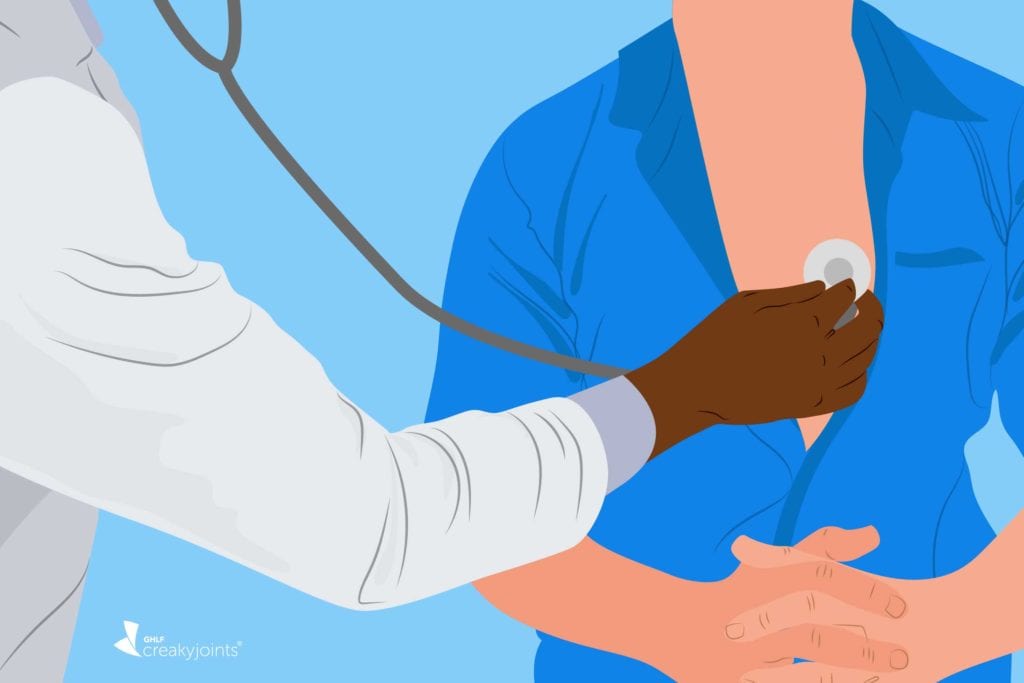Comprehending the Important Duty of Main Treatment in Comprehensive Wellness Administration and Condition Prevention Techniques
The important role of health care in extensive health and wellness management and illness avoidance techniques can not be overemphasized, as it works as the structure for reliable health care distribution. By focusing on precautionary care and promoting long-lasting patient-provider relationships, health care specialists are distinctly positioned to deal with specific health and wellness requirements while likewise affecting wider area health outcomes. The intricacies and challenges faced in the application of these methods elevate essential questions about how best to optimize primary care's effectiveness. What innovative techniques might boost its effect on both specific and public wellness?
Meaning of Medical Care
Although the principle of key care might differ across different medical care systems, it fundamentally refers to the initial factor of contact for clients within the healthcare continuum. Health care encompasses a wide variety of solutions, including preventative care, medical diagnosis, therapy, and administration of chronic problems. It is characterized by its thorough, easily accessible, and collaborated strategy, making sure patients get holistic treatment tailored to their private demands.
Key care companies, often family doctor, internists, or pediatricians, play an important function in developing continuous patient-provider partnerships. This continuity of treatment fosters trust fund and helps with far better health outcomes through regular tracking and customized interventions. The emphasis on a patient-centered strategy enables the consideration of social, financial, and emotional elements that affect wellness.
Additionally, key treatment works as an important component in navigating the health care system, leading patients through specialized services when essential. By acting as a main center for health and wellness monitoring, main care not just addresses prompt clinical concerns but also emphasizes the importance of total wellness and safety nets. Hence, its definition extends beyond plain therapy to encompass a detailed structure for health promo and disease prevention.
Benefits of Preventive Care
Preventive care deals countless advantages that dramatically enhance private and neighborhood health results. By concentrating on the prevention of illness and health issues prior to they arise, preventive treatment lowers the occurrence of major health conditions, thereby lowering medical care prices in time. Early detection through regular testings and evaluations permits timely interventions, which can prevent the development of conditions, bring about boosted top quality of life for individuals.
In addition, precautionary care promotes wellness education and learning and recognition, equipping individuals to make educated decisions about their way of livings and wellness habits. This proactive approach encourages routine check-ups, inoculations, and health testings, which not only profit individuals yet additionally add to the total health of the area. By decreasing the burden of persistent diseases and preventing break outs of infectious diseases, precautionary care plays an essential duty in enhancing public wellness.
In addition to boosting individual health and wellness outcomes, precautionary care cultivates a more effective medical care system by reducing the demand for comprehensive therapies and hospitalizations. Eventually, purchasing preventive care is crucial, as it helps with healthier populations, reduces wellness disparities, and guarantees far better source appropriation within the healthcare system.
Function in Chronic Disease Administration
The aggressive techniques utilized in precautionary care contribute in the monitoring of chronic illness, which usually require ongoing interest and sources. Medical care service providers play a pivotal role in this context, acting as the very first point of call for people with persistent problems such as diabetes mellitus, high blood pressure, and cardiovascular disease. They are important in creating individualized management strategies that incorporate routine tracking, medicine management, and way of living alterations.

In addition, health care carriers often employ technology and data analytics to track client development and determine possible difficulties early. This proactive surveillance enhances patient engagement and empowers individuals to take an active role in their health management. Ultimately, the integration of primary treatment into chronic condition management fosters enhanced high quality of life and decreases the problem on health care systems.
Patient-Provider Relationships

Moreover, a helpful site robust patient-provider rapport enhances client involvement and self-management. Service providers who invest time in comprehending their individuals' backgrounds, preferences, and motivations are better outfitted to support them in handling their conditions. This personalized strategy can bring about improved wellness results, as individuals are more probable to comply with suggestions when they really feel valued and recognized.
Furthermore, continuity of care plays a significant role in reinforcing these partnerships. Routine interactions in between people and carriers promote continuous evaluation and adjustments to therapy plans, which is essential for managing persistent illness successfully. This connection not only promotes better wellness results but additionally minimizes healthcare prices by lessening the need for immediate treatments.
Effect on Neighborhood Health
Solid patient-provider relationships dramatically influence area health and wellness outcomes, as they contribute to a more engaged and notified populace. pcp doctor near me. When individuals really feel linked to their medical care carriers, they are most likely to seek precautionary solutions, comply with therapy strategies, and join health-promoting habits. This involvement fosters a society of health, where individuals prioritize their health and wellness and the health of their community
Additionally, effective communication in between clients and providers improves health proficiency, encouraging individuals helpful site to make informed decisions regarding their care. This increased understanding can lead to lowered prices of persistent diseases, as clients come to be aggressive in handling their health and wellness. Additionally, solid partnerships assist in the recognition of community-specific health and wellness challenges, enabling service providers to customize treatments that deal with local demands.
In addition, key treatment serves as a crucial gain access to point for wellness resources, connecting people with needed services and assistance networks. This detailed method not just enhances individual wellness but likewise strengthens area cohesion, as homeowners work collaboratively to address wellness disparities. On the whole, the effect of robust patient-provider partnerships prolongs past the center, promoting much healthier neighborhoods and adding to a sustainable medical care system.
Final Thought
In summary, primary care is fundamental to efficient health and wellness administration and illness prevention - pcp doctor near me. Inevitably, the assimilation of key treatment right into neighborhood health and wellness methods leads to enhanced health and wellness results and decreased health care costs, emphasizing its essential function in promoting overall community well-being.